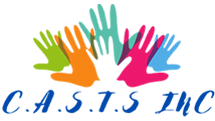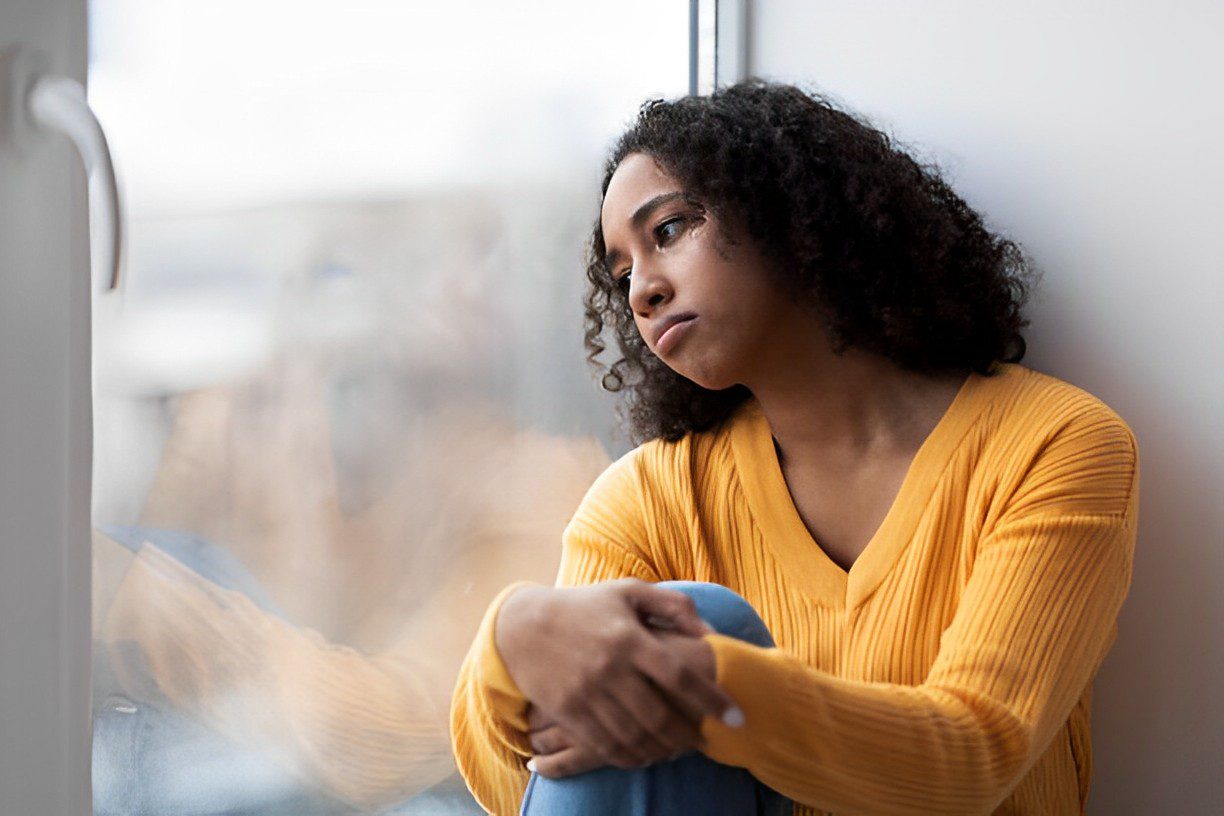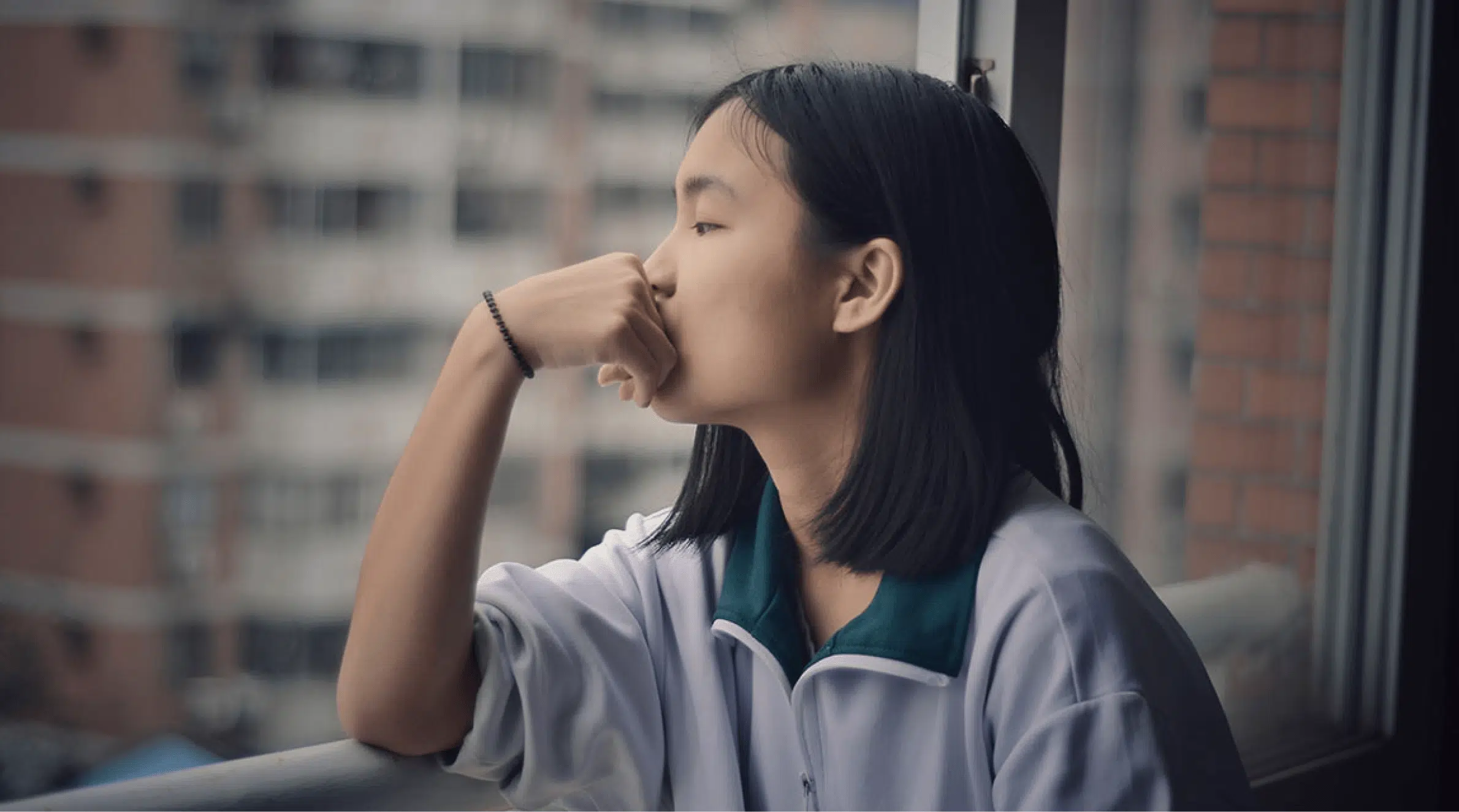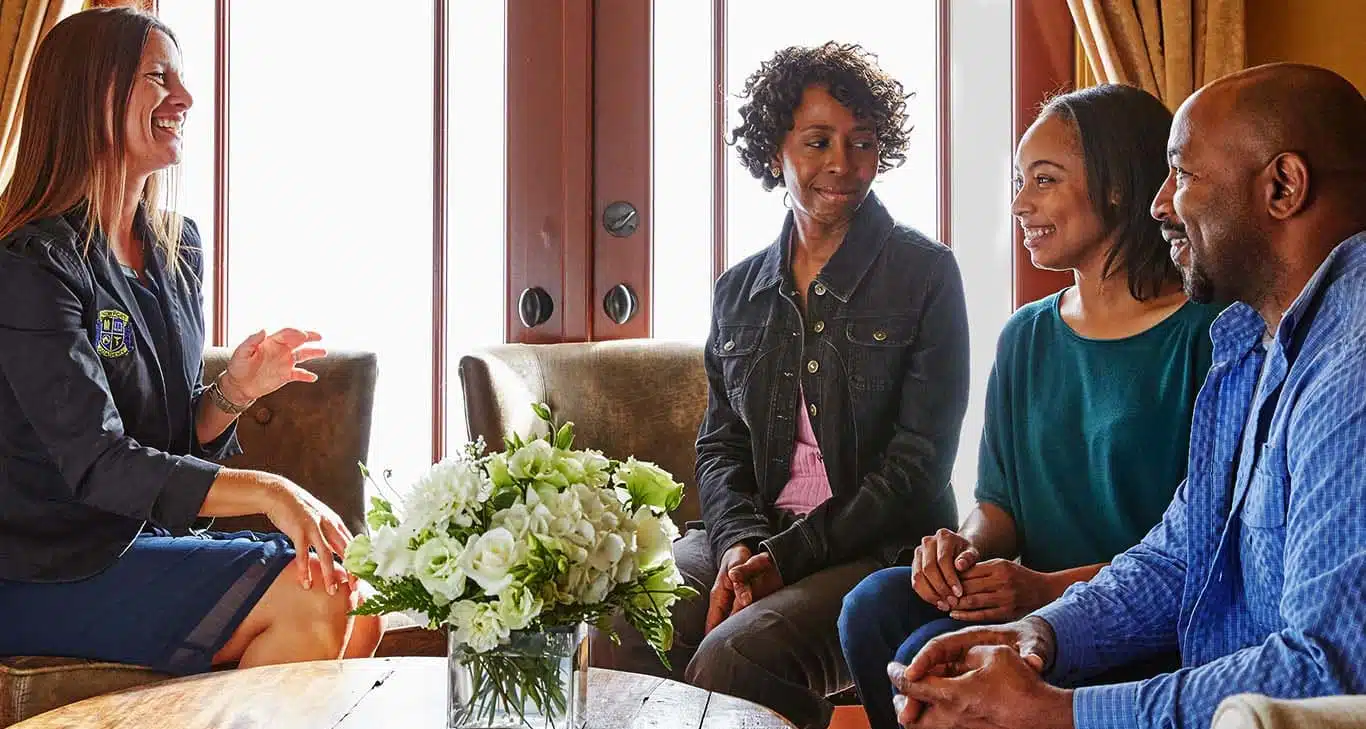Teen & Adolescent Residential Treatment Programs
We are a different kind of residential treatment center, serving teens ages 12–18 with comprehensive, integrated care. Each resident’s individualized treatment plan incorporates evidence-based clinical and experiential modalities, plus academic support, to create long-term, sustainable healing.
What Is Teen Residential Treatment?
Residential treatment programs are live-in healthcare facilities that provide a structured environment. A residential schedule for teens includes clinical care, experiential activities, and academics. While in residential treatment, clients live in a comfortable, homelike setting and are supervised by trained staff. Staff members include psychiatrists, therapists, counselors, nurses, dietitians, and experiential therapy practitioners.
CC At After School Therapy Services (CASTS), our teen residential programs provide an educational component in addition to a structured schedule of clinical and experiential therapy. Teens participate in individual, family, and group therapy, as well as Adventure Therapy, art and music therapy, yoga, and other approaches (services vary by location). According to research, residential treatment is most effective when it takes an integrated approach—addressing all aspects of an adolescent’s well-being: psychological, physical, relational, and educational.
How Do You Know When Teen Residential Treatment Is Needed?
When a teen is showing ongoing signs of depression, trauma, anxiety, distress, or defiance, they may need the full-spectrum support of a live-in teen residential program. In some cases, residential treatment is the next step after a teen has been in inpatient care in a hospital after a mental health crisis. However, residential care is also appropriate for teens who have been in outpatient care or weekly therapy but need more support than these options provide. Research shows that residential programs are an effective approach to treating teen depression, anxiety, substance abuse, and eating disorders. Furthermore, experts recommend at least 90 days of residential treatment for the most successful outcomes.
Teen & Adolescent Residential Treatment Programs
We are a different kind of residential treatment center, serving teens ages 12–18 with comprehensive, integrated care. Each resident’s individualized treatment plan incorporates evidence-based clinical and experiential modalities, plus academic support, to create long-term, sustainable healing.
What Is Teen Residential Treatment?
Residential treatment programs are live-in healthcare facilities that provide a structured environment. A residential schedule for teens includes clinical care, experiential activities, and academics. While in residential treatment, clients live in a comfortable, homelike setting and are supervised by trained staff. Staff members include psychiatrists, therapists, counselors, nurses, dietitians, and experiential therapy practitioners.
At After School Therapy Services (CASTS), our teen residential programs provide an educational component in addition to a structured schedule of clinical and experiential therapy. Teens participate in individual, family, and group therapy, as well as Adventure Therapy, art and music therapy, yoga, and other approaches (services vary by location). According to research, residential treatment is most effective when it takes an integrated approach—addressing all aspects of an adolescent’s well-being: psychological, physical, relational, and educational.
How Do You Know When Teen Residential Treatment Is Needed?
When a teen is showing ongoing signs of depression, trauma, anxiety, distress, or defiance, they may need the full-spectrum support of a live-in teen residential program. In some cases, residential treatment is the next step after a teen has been in inpatient care in a hospital after a mental health crisis. However, residential care is also appropriate for teens who have been in outpatient care or weekly therapy but need more support than these options provide. Research shows that residential programs are an effective approach to treating teen depression, anxiety, substance abuse, and eating disorders. Furthermore, experts recommend at least 90 days of residential treatment for the most successful outcomes.

Results-Driven Treatment
As a leader in the field, CASTS sets the standard by consistently evaluating the quality and effectiveness of our residential treatment program for teens. Our outcomes data, gathered and analyzed in partnership with a third-party academic institution, shows that our clinical model of care achieves results far beyond what is considered clinically significant.

Results-Driven Treatment
As a leader in the field, CASTS sets the standard by consistently evaluating the quality and effectiveness of our residential treatment program for teens. Our outcomes data, gathered and analyzed in partnership with a third-party academic institution, shows that our clinical model of care achieves results far beyond what is considered clinically significant.
After School Therapy Services (CASTS) Treatment Team
Within our adolescent residential treatment programs, our licensed and board-certified psychiatrists, psychologists, and therapists have advanced degrees within the specializations of teen mental health, teenage substance abuse, depression in teens, teenage anxiety, and eating disorders. Degrees include PhD (Psychologist), LMFT (Licensed Marriage and Family Therapist), LCSW (Licensed Clinical Social Worker), LPC (Licensed Professional Counselor), CADC (Certified Alcohol and Drug Counselor), LADC (Licensed Alcohol and Drug Counselor), and MD (Medical Doctor) and Psychiatrist.
The After School Therapy Services (CASTS) Treatment Teams meet daily at our teen treatment centers to review and discuss treatment plans and individuals’ progress. The team shares research and results to optimize each teen’s curriculum and therapeutic growth track as they recover from teenage addiction, mental health disorders, and trauma.
Upon admission to our residential treatment center for teens and young adults, each adolescent is assigned a treatment team that develops a personalized program to ensure positive growth and sustainable healing. The treatment team consists of:
After School Therapy Services (CASTS) Treatment Team
Within our adolescent residential treatment programs, our licensed and board-certified psychiatrists, psychologists, and therapists have advanced degrees within the specializations of teen mental health, teenage substance abuse, depression in teens, teenage anxiety, and eating disorders. Degrees include PhD (Psychologist), LMFT (Licensed Marriage and Family Therapist), LCSW (Licensed Clinical Social Worker), LPC (Licensed Professional Counselor), CADC (Certified Alcohol and Drug Counselor), LADC (Licensed Alcohol and Drug Counselor), and MD (Medical Doctor) and Psychiatrist.
The After School Therapy Services (CASTS) Treatment Teams meet daily at our teen treatment centers to review and discuss treatment plans and individuals’ progress. The team shares research and results to optimize each teen’s curriculum and therapeutic growth track as they recover from teenage addiction, mental health disorders, and trauma.
Upon admission to our residential treatment center for teens and young adults, each adolescent is assigned a treatment team that develops a personalized program to ensure positive growth and sustainable healing. The treatment team consists of:
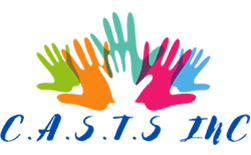
After School Therapy Services (CASTS) provides gender-responsive teen treatment programs that addresses the underlying trauma and attachment wounds that cause mental health concerns and behavioral issues. We take a scientific and compassionate approach to providing the tools a teen needs to gain resilience, practice emotional self-regulation, and manage the stressors that come with life using healthy coping skills that set them up for a bright future.

We seek to heal the whole teen and also the whole family, repairing ruptures in the parent-child relationship so adolescents feel safe turning to their parents when they are struggling. Through our mandatory parent involvement, we also focus on supporting parents so they can find the healing they might need in order to move forward as a harmonious family unit. Research shows that family involvement is an essential part of a teen residential treatment program.

After School Therapy Services (CASTS), our industry-leading treatment program for young adults, provides evidence-based, tailored residential treatment for ages 18–28. Our gender-responsive programming gives emerging adults the foundation, skills, and support they need to find a path forward. The expert staff CC At After School Therapy Services (CASTS) has extensive experience in relating to young adults and treating the root causes of their symptoms.

After School Therapy Services (CASTS) provides gender-responsive teen treatment programs that addresses the underlying trauma and attachment wounds that cause mental health concerns and behavioral issues. We take a scientific and compassionate approach to providing the tools a teen needs to gain resilience, practice emotional self-regulation, and manage the stressors that come with life using healthy coping skills that set them up for a bright future.

We seek to heal the whole teen and also the whole family, repairing ruptures in the parent-child relationship so adolescents feel safe turning to their parents when they are struggling. Through our mandatory parent involvement, we also focus on supporting parents so they can find the healing they might need in order to move forward as a harmonious family unit. Research shows that family involvement is an essential part of a teen residential treatment program.

After School Therapy Services (CASTS), our industry-leading treatment program for young adults, provides evidence-based, tailored residential treatment for ages 18–28. Our gender-responsive programming gives emerging adults the foundation, skills, and support they need to find a path forward. The expert staff at After School Therapy Services (CASTS) has extensive experience in relating to young adults and treating the root causes of their symptoms.
